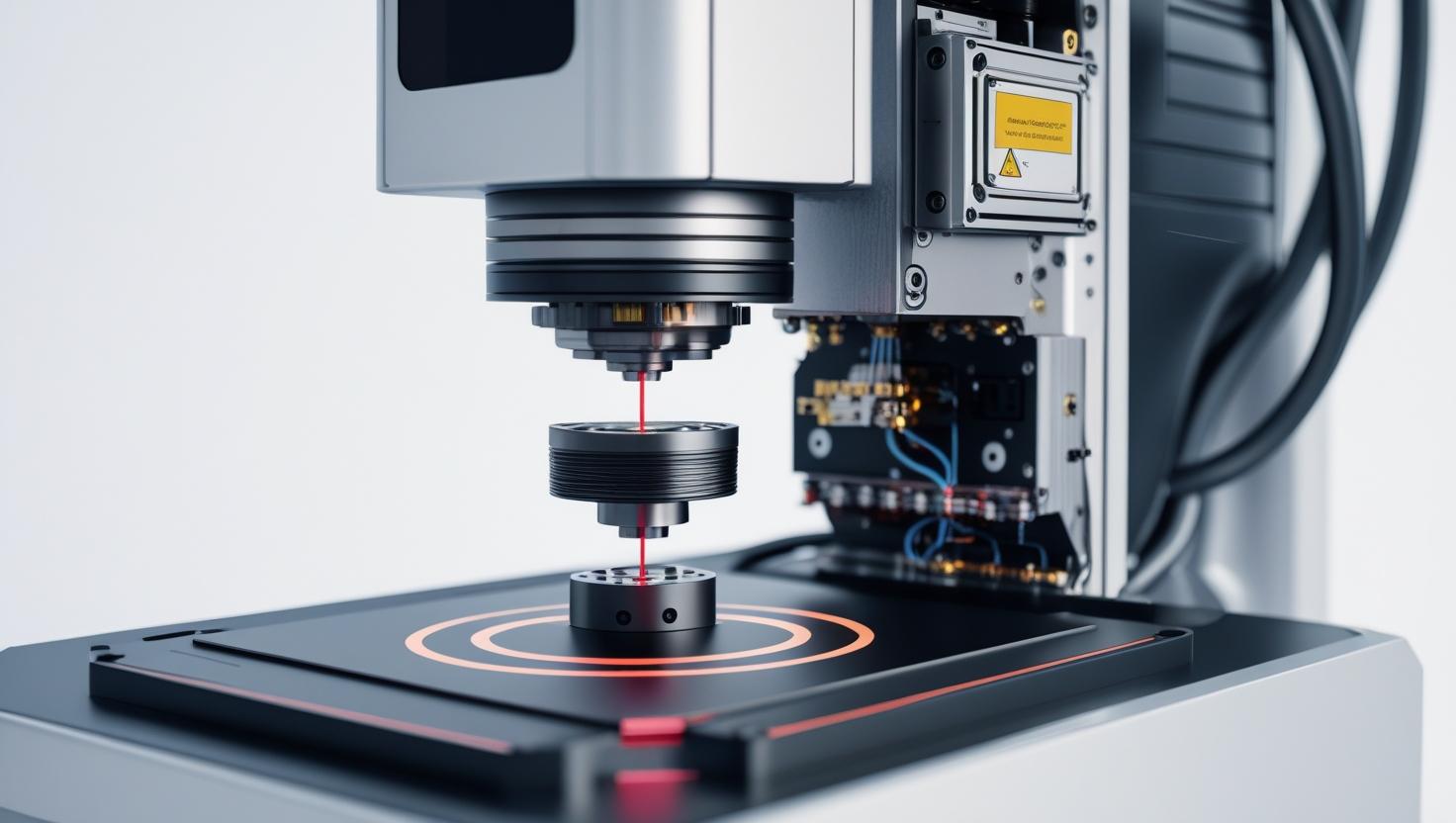Metrology 3D scanners are rapidly redefining the future of precision engineering, providing industries with an unmatched ability to capture, analyze, and validate complex geometries. As aerospace, automotive, and medical sectors pursue higher standards of quality, efficiency, and innovation, 3D metrology has emerged as a critical enabler of smarter and faster manufacturing.
Precision Meets Innovation in Aerospace
The aerospace industry demands absolute accuracy, where even the slightest deviation can compromise safety or performance. Metrology 3D scanners allow engineers to capture detailed data of aircraft components, from turbine blades to fuselage panels, ensuring dimensional accuracy and structural integrity. With the ability to validate parts directly against CAD models, these scanners eliminate bottlenecks in inspection, reduce rework, and accelerate certification processes. For an industry under constant pressure to optimize costs while meeting rigorous compliance standards, 3D metrology is becoming indispensable.
Automotive Sector Embraces Speed and Efficiency
In automotive manufacturing, time-to-market and quality consistency are crucial. Metrology 3D scanners streamline production workflows by enabling real-time inspection of stamped parts, chassis, and complex assemblies. Automakers are leveraging this technology to enhance automation, reduce scrap rates, and integrate quality assurance seamlessly into digital production lines. Furthermore, 3D scanning supports innovation in electric vehicles by facilitating the design of lightweight, aerodynamic components that improve efficiency without compromising safety.
Global 3D metrology market growth
The global 3D metrology market growth was estimated to be valued at USD 11.13 billion in 2024 and is projected to reach USD 15.01 billion by 2029; it is expected to register a CAGR of 6.2% during the forecast period.
Download PDF Brochure @ https://www.marketsandmarkets.com/pdfdownloadNew.asp?id=203080758

Revolutionizing Medical Device Manufacturing
In the medical field, precision extends beyond performance—it directly impacts patient safety. Metrology 3D scanners play a vital role in the creation of custom implants, surgical instruments, and prosthetics by capturing exact anatomical details. This enables manufacturers to deliver highly personalized solutions, while also ensuring compliance with stringent regulatory requirements. The ability to achieve sub-millimeter accuracy not only improves product quality but also accelerates the development of new medical devices, bringing life-changing innovations to market faster.
Driving the Future of Digital Manufacturing
Beyond sector-specific benefits, metrology 3D scanners are integral to the evolution of Industry 4.0. Their integration with digital twins, artificial intelligence, and cloud-based platforms is enabling predictive maintenance, automated quality control, and seamless data sharing across global supply chains. By bridging the gap between physical and digital worlds, 3D metrology supports smarter decision-making and paves the way for truly adaptive manufacturing ecosystems.
Opportunities in Metrology 3D Scanners
Aerospace: Streamlining Compliance and Sustainability
The aerospace sector faces rising demand for lighter, fuel-efficient aircraft and more sustainable production. Metrology 3D scanners offer opportunities to:
-
Speed up certification and compliance with aviation standards.
-
Reduce material waste by enabling first-time-right manufacturing.
-
Support additive manufacturing of complex aerospace components with precise validation.
Automotive: Enabling EV Growth and Digital Production
The automotive industry is undergoing a massive transition toward electric and autonomous vehicles. Opportunities lie in:
-
Accelerating the development of EV platforms with lightweight, high-precision parts.
-
Enabling predictive quality assurance by integrating 3D scanning into digital twin ecosystems.
-
Supporting advanced robotics and automation for faster, cost-efficient production.
Medical: Personalization and Regulatory Alignment
In healthcare, personalization and patient safety are the driving forces. Metrology 3D scanners unlock opportunities to:
-
Expand production of customized implants and prosthetics with unmatched accuracy.
-
Enhance regulatory compliance with traceable, digital inspection records.
-
Enable faster prototyping of next-generation medical devices.
Cross-Industry: The Digital Manufacturing Advantage
Across industries, the biggest opportunity lies in integration with Industry 4.0. Metrology 3D scanners can:
-
Enable fully automated, AI-driven inspection systems.
-
Improve global collaboration through cloud-based data sharing.
-
Support sustainability by reducing rework, energy use, and raw material consumption.
Metrology 3D scanners are no longer niche tools—they are becoming the backbone of precision-driven industries. In aerospace, automotive, and medical manufacturing, these technologies are improving accuracy, reducing costs, and driving innovation. As industries continue to demand greater efficiency and reliability, the adoption of 3D scanning in metrology will only accelerate, shaping the future of advanced manufacturing.
Frequently Asked Questions (FAQ)
1. What are metrology 3D scanners?
Metrology 3D scanners are high-precision devices used to capture the exact dimensions and geometry of an object in 3D. They generate highly accurate digital models that can be used for inspection, quality assurance, reverse engineering, and product development.
2. How are 3D scanners different from traditional measurement tools?
Unlike calipers, gauges, or coordinate measuring machines (CMMs), 3D scanners provide a non-contact and rapid way of capturing millions of data points. This results in faster inspections, higher accuracy for complex surfaces, and complete digital records for traceability.
3. Why are aerospace companies adopting 3D metrology?
Aerospace manufacturing requires strict adherence to safety and quality standards. Metrology 3D scanners help detect deviations early, validate complex parts like turbine blades, and accelerate certification processes while reducing material waste.
4. How does the automotive sector benefit from 3D scanning?
Automakers use 3D scanners for real-time inspection of parts and assemblies, ensuring consistency in mass production. They also support electric vehicle (EV) innovation by validating lightweight components and streamlining digital production lines.
